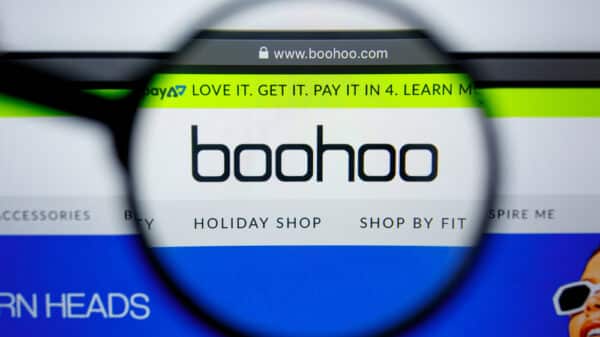In recent months, well-known retailers such as Uniqlo, Lush, and Gymshark have made significant shifts in their hiring practices, particularly in how they engage freelance retail workers. The catalyst for these changes stemmed from mounting concerns voiced by the Trades Union Congress (TUC) regarding workers’ rights in the gig economy, particularly as it relates to freelance roles sourced through apps like YoungOnes and Temper. This decision reflects a larger conversation about the importance of employment rights in an evolving labor market—a topic relevant to many, whether you’re a job seeker or someone who has ever worked a gig job.
The TUC reached out directly to the top executives at these retailers, advocating for an end to their reliance on freelance labor sourced through these platforms. The union’s communication highlighted serious worries that these gig workers were not receiving essential employment rights and benefits. This call to action came soon after it was revealed that several retailers had turned to gig economy apps to fill temporary holiday positions, a trend that had gained some traction, especially among companies looking to quickly ramp up their workforce during peak seasons. With influencers promoting such practices on social media, the potential pitfalls and ethical considerations were often overlooked.
The concern isn’t trivial: having gig workers classified as self-employed often means they miss out on fundamental rights—such as sick pay, holiday pay, and even protections against unfair dismissal. For many, this means they’re navigating their jobs without the security of traditional employment benefits. It’s a stark reality faced by thousands of workers who may take on what seems like the flexibility of gig work, only to find themselves more vulnerable in times of need.
In response to the TUC’s outreach, Uniqlo announced that after a brief experimentation with freelancer app Temper, they have decided to discontinue hiring through such channels and will instead focus on direct recruitment for both temporary and permanent positions. This shift aligns with their commitment to ensuring all employees benefit from entitlements such as holiday pay and the minimum wage. A company spokesperson reiterated their dedication to fair treatment, emphasizing that it’s vital for retailers to not only meet high service standards but also uphold the well-being of their workforce.
Similarly, Lush, known for its ethical approach to business, acknowledged that it had briefly trialed hiring through gig economy apps but had no intentions to continue this practice in the future. Their conscientiousness in addressing these practices reflects a deeper understanding that sustainable business models must include respect for the rights of all workers involved.
While Gymshark opted not to provide a comment, sources indicate they too have ceased using these apps for hiring, aligning with the growing expectation that brands must prioritize social responsibility.
In an era where employees and employers are navigating the complexities of the gig economy, it’s encouraging to see major brands reevaluating their hiring practices. The push for employment rights isn’t just about compliance; it’s about supporting workers, fostering trust, and building a sustainable workforce. For job seekers exploring freelance opportunities, these developments serve as a reminder to prioritize companies that genuinely value their commitment to fair labor practices. As we watch these shifts unfold, there’s hope for a more balanced approach to work that respects the rights and needs of all who contribute to the success of a business.































